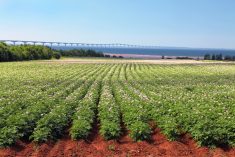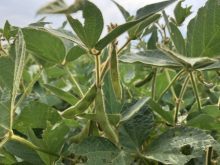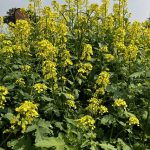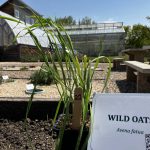A Canadian company’s genetically modified “non-browning” apples have picked up federal approval for commercial sale after review from Health Canada and the Canadian Food Inspection Agency.
The Arctic apple, developed by Okanagan Specialty Fruits and submitted for federal approval in 2011, “is safe for consumption, still has all its nutritional value and therefore does not differ from other apples available on the market,” Health Canada said Friday.
Health Canada’s announcement follows a ruling last month from the U.S. Department of Agriculture, which deregulated the apples for sale in the U.S.
Read Also
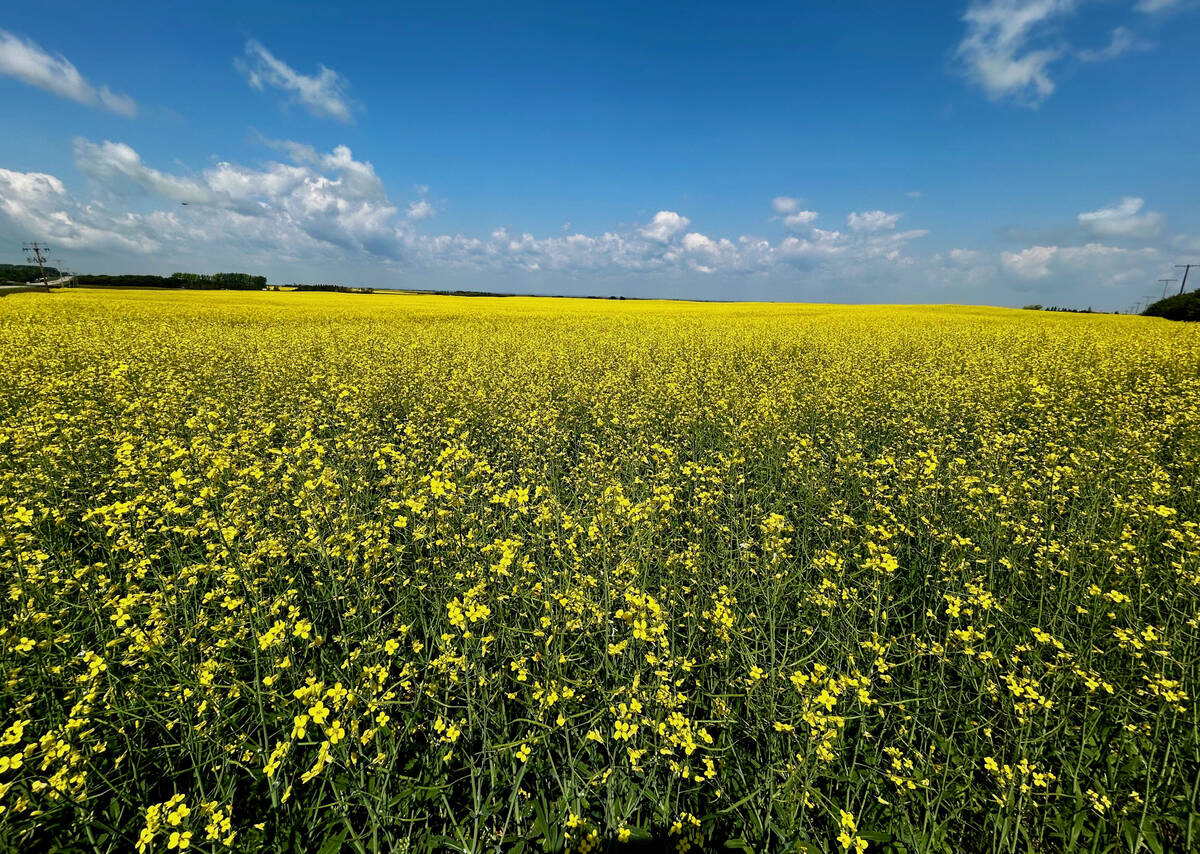
ICE canola weekly outlook: More upside possible
ICE canola futures have trended steadily higher for the past month, with more upside possible from a chart standpoint as market participants continue to account for easing tariffs from China.
The company, in a separate release Friday, said it hopes to have “small, test-market quantities” of its Arctic apples on the Canadian market in late 2016 and “increasing amounts” of fruit available in years to follow.
The non-browning trait “creates a wide array of benefits that offer value to the entire supply chain, especially consumers,” Okanagan Specialty Fruits president Neal Carter said in the company’s release.
The trait, which allows apples to not brown when bitten, sliced or bruised, “can help reduce food waste and improve fresh-cut suitability,” the company said.
Summerland, B.C.-based OSF described the fresh-cut market segment as “one of the fastest-growing categories of the fruit and vegetable industry… bolstered by the convenience factor and upward trend in consumption of healthier foods.”
The non-browning trait, OSF said previously, will make apples “increasingly accessible to food service outlets, where consumers spend roughly 50 per cent of their food dollars, because Arctic apples solve both cost per serving and quality concerns associated with pre-cut apples.”
Health Canada ruled the changes made to the apple don’t pose a greater risk to human health than apples already available on the Canadian market, would have no impact on allergies, and show no differences in nutritional value.
CFIA, in its assessment, found no concerns with the apples from an environmental and animal feed safety perspective.
“Identical”
Through recombinant DNA techniques, a gene is introduced into Arctic apples that leads to a reduction in the levels of enzymes that make apples turn brown when sliced, Health Canada said. “In every other way, the Arctic apple tree and its fruit are identical to any other apple.”
The apples are made non-browning through the expression of a polyphenol oxidase (PPO) enzyme suppression cassette, which “down-regulates” enzyme levels through RNA interference.
After slicing or bruising, Health Canada noted, the Arctic apples contain higher levels of vitamin C compared to non-genetically modified counterparts. Vitamin C is acted upon by the enzyme in the browning process, so when PPO enzyme levels are reduced, vitamin C oxidation is also reduced.
That said, Health Canada added, the Arctic Apple genetic events “are not intended to be nutritionally enhanced and do not differ significantly from conventional counterparts.”
Small interfering RNA molecules (siRNAs) are expressed by the enzyme suppression sequence, but their absorption into the human body was “found to be unlikely based on numerous biological barriers,” Health Canada said, and if they were absorbed they “would not be anticipated to affect the expression of any human proteins.”
The apples’ protein selection marker gene, NptII, has been “previously approved for several genetically modified crops and a history of safe use has been demonstrated,” Health Canada said. “Furthermore, the NptII protein is expressed at negligible levels and does not accumulate in mature Arctic Apple fruit.”
Late last month, OSF announced a deal to sell itself to Maryland-based synthetic biology firm Intrexon Corp. for $41 million in Intrexon stock and cash. That deal is expected to close by mid-2015. — AGCanada.com Network



